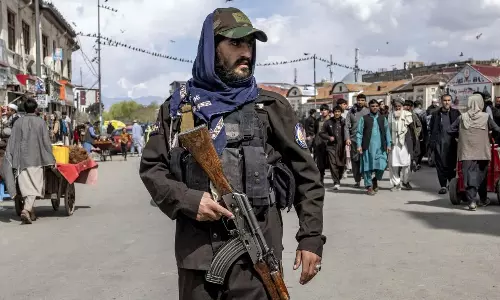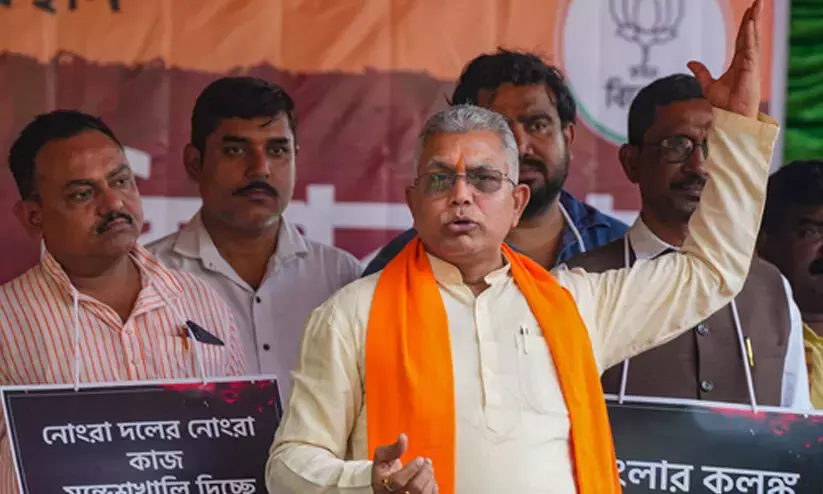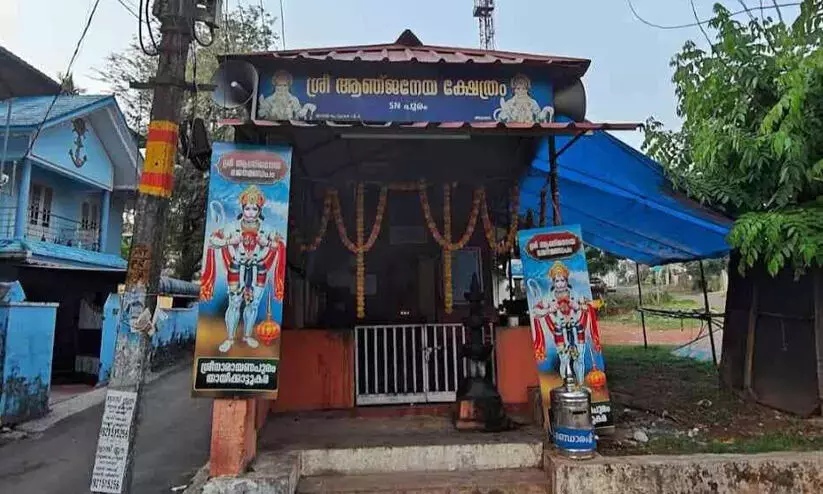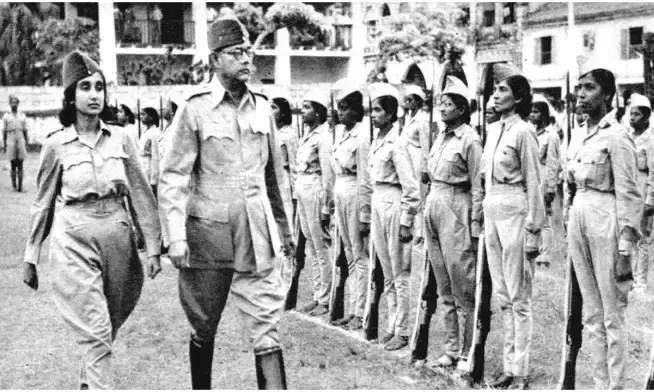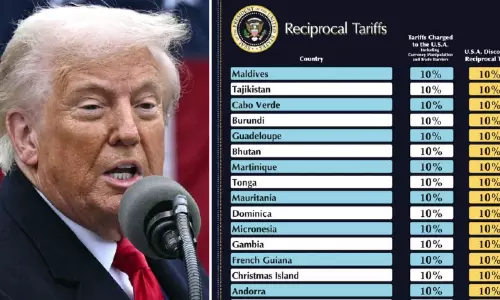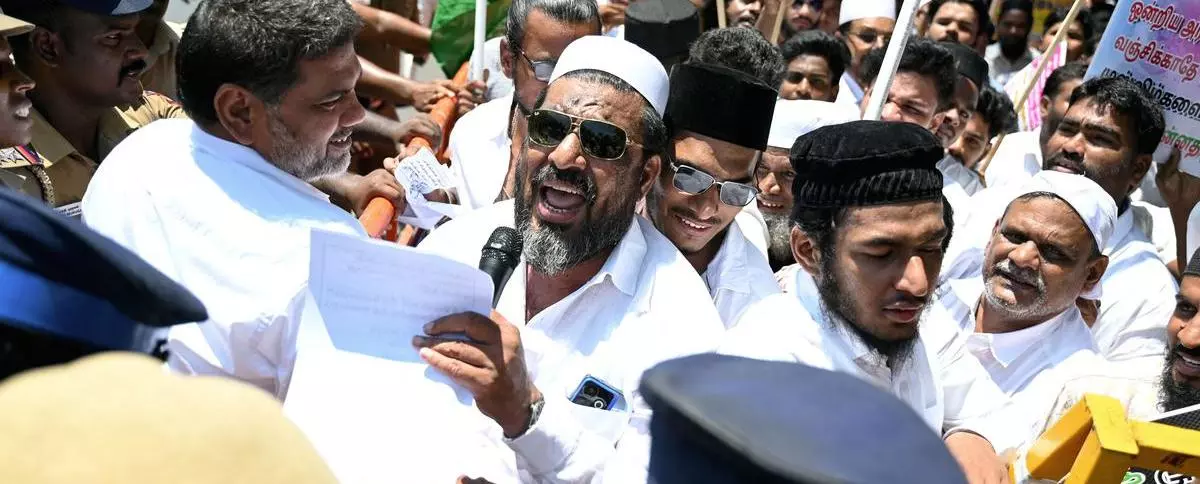
After protest against Waqf Act turns violent, prohibitory orders imposed in Bengal
text_fieldsRepresentational image. Police constrain demonstrators during a protest against the Waqf Amendment Bill in Chennai on April 8, 2025. | Photo: AFP
Authorities on Tuesday imposed a ban on public gatherings in the Jangipur area of Murshidabad, West Bengal, following violent protests against the recent amendment to the Waqf Act, as reported by the Hindustan Times.
The protests escalated when a crowd clashed with police, threw stones, and set fire to security vehicles. Several police officers were injured during the unrest, according to Jangipur's Superintendent of Police, Ananda Roy.
Rajarshi Mitra, the district magistrate, informed The Indian Express that various organizations had staged protest rallies and blocked a national highway. He mentioned that the violence broke out when police attempted to clear the blockade. Mitra assured that the police were patrolling the area and that the situation was now under control, scroll.in reported.
West Bengal’s Home Secretary Nandini Chakraborty issued orders to suspend the internet in Jangipur till 6 pm on April 11, the Hindustan Times reported.
To disperse the protesters, the police used lathi charges and fired teargas shells, as reported by The Indian Express. At least 20 individuals were taken into custody in connection with the disturbances.
A waqf refers to property set aside for religious, educational, or charitable purposes under Islamic law. Each state has a waqf board, which is managed by a legal entity with the authority to acquire, hold, and transfer such properties.
Recent amendments to the law have reduced the powers of waqf boards, increasing government oversight. The 2024 Waqf Amendment Bill modified 44 sections of the 1995 Waqf Act, including provisions that permit non-Muslims to join waqf boards, impose limits on property donations, and alter the functioning of waqf tribunals.
The bill was approved by Parliament on Friday, with support from the Janata Dal (United) and Telugu Desam Party, both allies of the ruling Bharatiya Janata Party. It received presidential approval on Saturday and came into effect on Tuesday.
The constitutionality of the bill has been challenged by Congress and the All India Majlis-e-Ittehadul Muslimeen, among other groups in the Supreme Court.
In recent days, protests against the amended Waqf Act have also erupted in other parts of the country.
Protests in Manipur against Waqf Act
On Tuesday, the Meitei Pangal community, a group of Muslims within the larger Meitei community, organized protests in several districts of Manipur's valley.
Demonstrations were held in Imphal East, Thoubal, and Bishnupur districts, with over 5,000 protesters participating in the rally in Kwakta town, located in Bishnupur.
On Sunday, protests against the Waqf Act took place in several areas of the Imphal Valley. In Thoubal, a mob allegedly set fire to the home of BJP leader Mohammed Asker Ali after he expressed support for the passing of the Waqf Bill in a social media post. Ali serves as the chief of the state BJP's minority unit.






